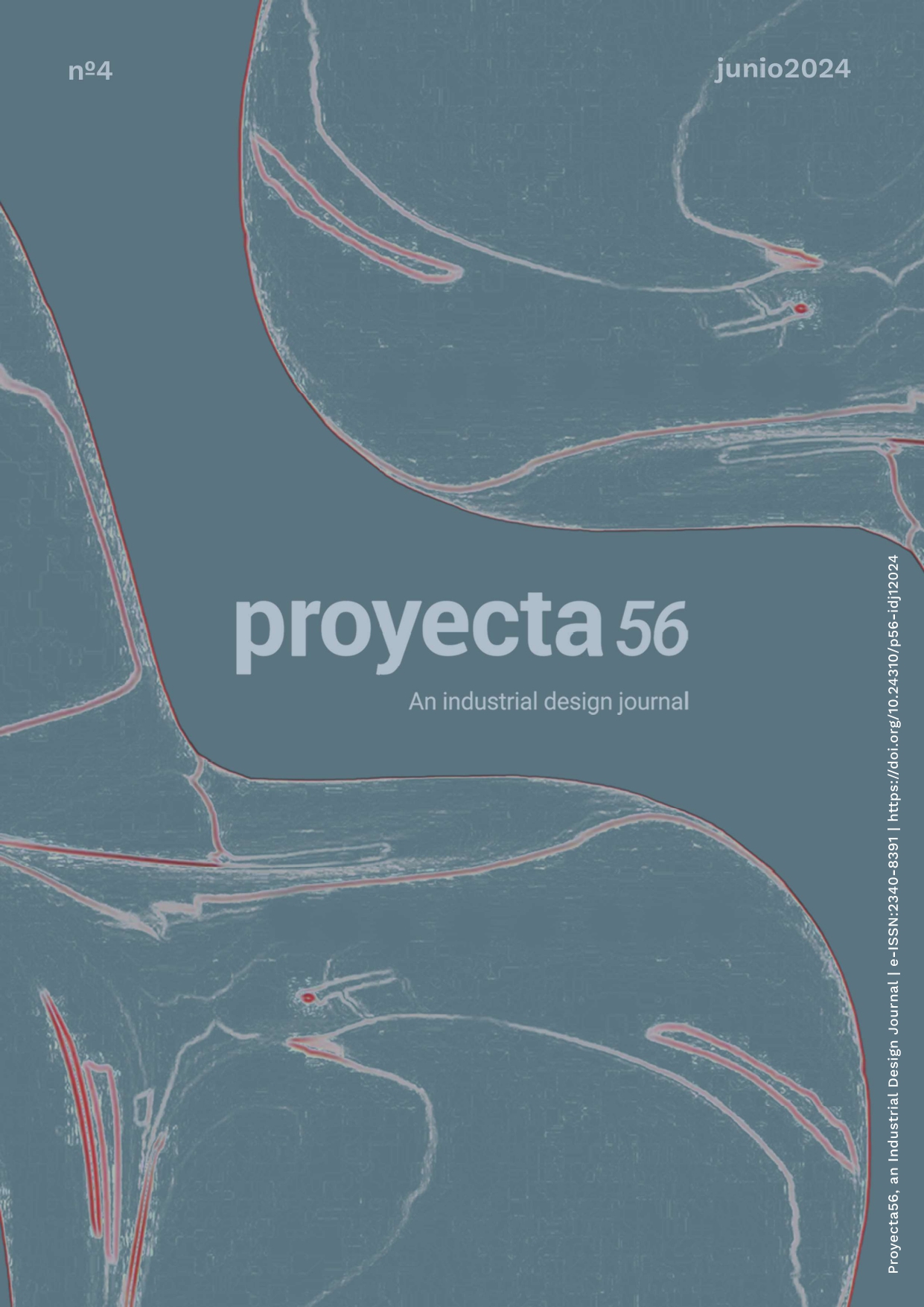The keys to the lack of identity in Spanish industrial design
DOI:
https://doi.org/10.24310/p56-idj1202418553Keywords:
Industrial design, Case study, Spanish design, identity, Design identities, design theoryAbstract
Throughout history, the development of industrial design in Spain has been a complex process that has made it difficult to define a distinctive identity. In other words, Spanish industrial design has lacked a clear identity and has faced challenges in establishing a coherent success strategy, similar to what has happened in other countries.
This study highlights the importance of national identity throughout history, focusing particularly on the 20th century. It examines the development of design in Spain and compares it to successful strategies adopted elsewhere to understand why it is challenging to define an identity in the field of Spanish industrial design. Finally, the work presents a series of reflections that invite discussion about the identity of Spanish design, its evolution and its potential use, emphasizing the need to forge its own design culture and taking advantage of diversity and its eclecticism.






